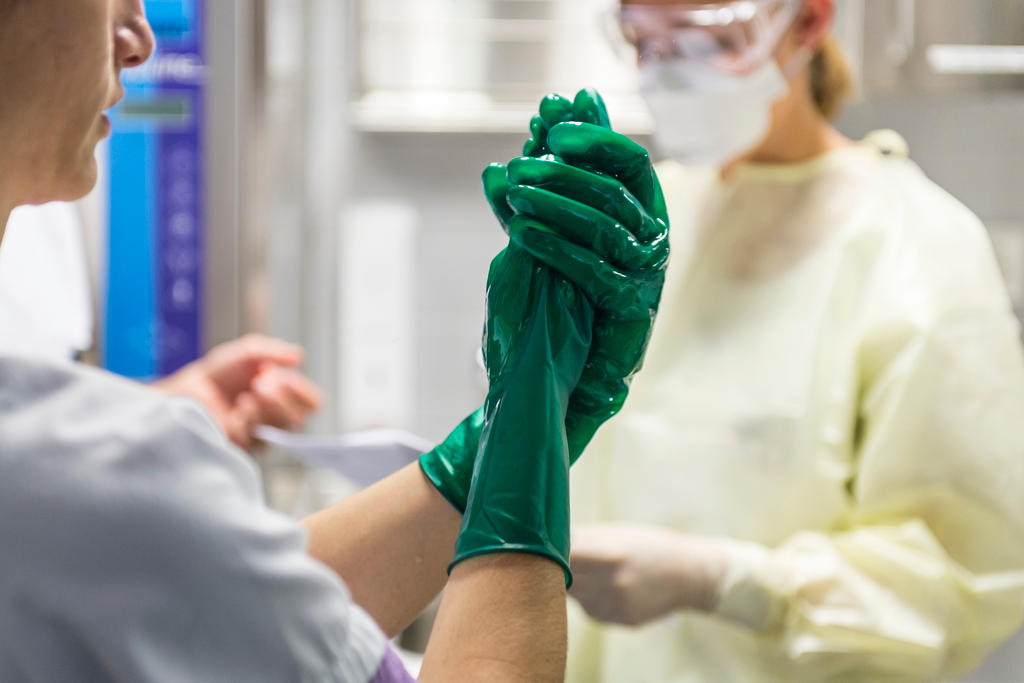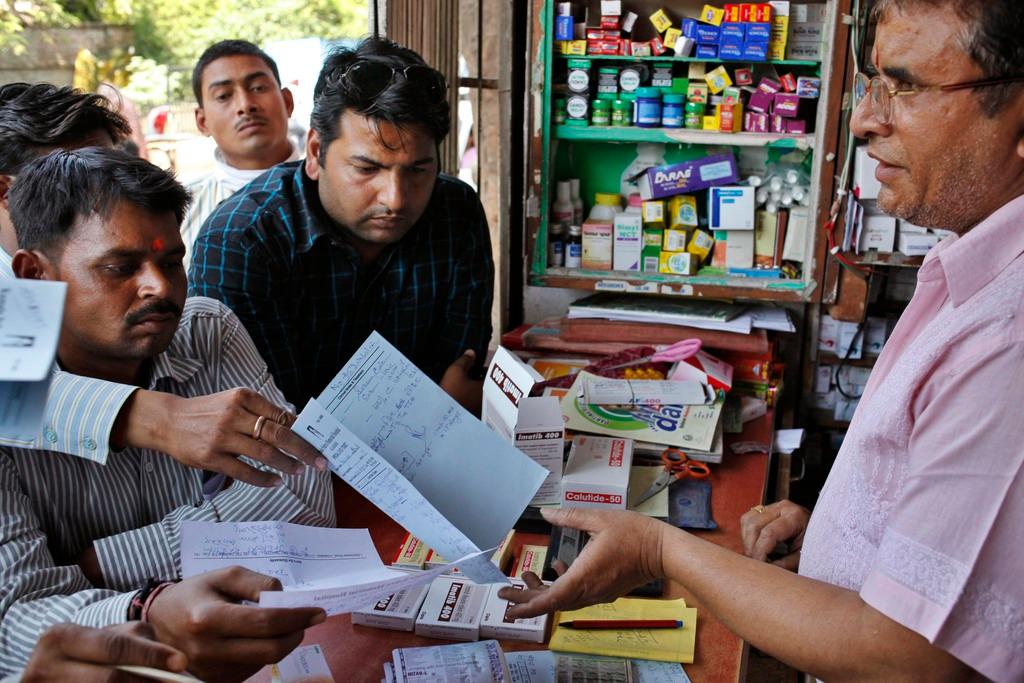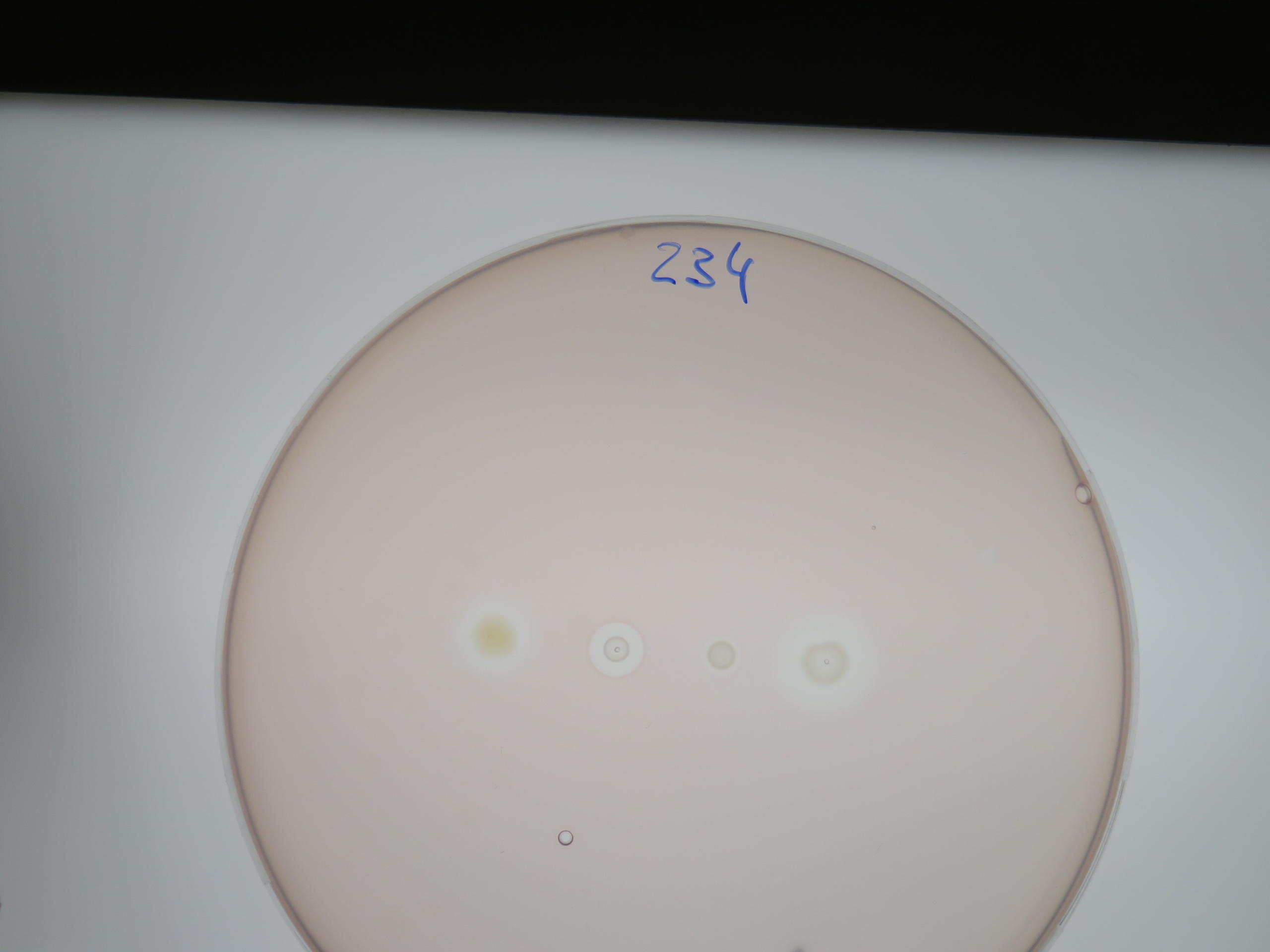Antipodean superbugs infect Swiss hospitals

Multidrug-resistant gut bacteria called vancomycin-resistant enterococci (VRE) are on the rise in Swiss hospitals. The strains are identical to those causing infections in Australia and New Zealand.
The VRE strain of bacteria are resistant to conventional vancomycin and other glycopeptide antibiotics. They are identical to the strain that has caused infections in hospitals in Australia and New Zealand over the past five to six years, according to the Federal Office of Public Health (FOPH). It is likely that the VRE were introduced into Switzerland by people coming from these regions or having travelled there.
VRE can cause infections, especially in those whose immunity has been compromised by other infections. Serious consequences include a form of blood poisoning for example. Therapy is severely limited due to multiple antibiotic resistance.
More than 150 patients in Switzerland have been infected with VRE, and 90% of them had the bacteria without showing any symptoms. Infection developed in only a few cases, which could be treated with the antibiotic daptomycin.
A nationwide study by SwissnosoExternal link, the national centre for the prevention of nosocomial (hospital acquired) infections, this spring showed that more VRE infections are expected throughout Switzerland.
At the beginning of the year, a peak of this type of infection was observed at the University Hospital in the Swiss capital Bern, followed by two other hospitals of the same group, as well as in other Swiss cantons. National monitoring of antibiotic resistance also confirmed the upward trend.
Swissnoso and the FOPH are working on a coordinated response against the spread of VRE, said Daniel Dauwalder, FOPH spokesperson.
Segregation
The patients who have been exposed to VRE are tested before being transferred to another hospital.
Those found carrying VRE must be isolated. Nurses need to take increased hygiene measures, such as changing gowns when they leave the room. At the hospital, experts also recommend strict adherence to hygiene rules, improving disinfection of the patient’s environment and informing the people concerned.
Anyone who has been in contact with a VRE patient should be tested and as isolated as possible. To ensure non-contamination, three tests must show up negative one week apart each time.

More
Deadly ‘superbug’ strain found in tourists to India

In compliance with the JTI standards
More: SWI swissinfo.ch certified by the Journalism Trust Initiative



You can find an overview of ongoing debates with our journalists here. Please join us!
If you want to start a conversation about a topic raised in this article or want to report factual errors, email us at english@swissinfo.ch.